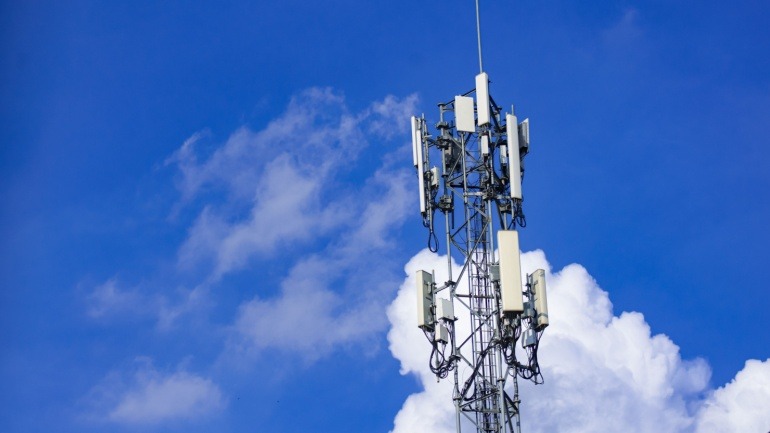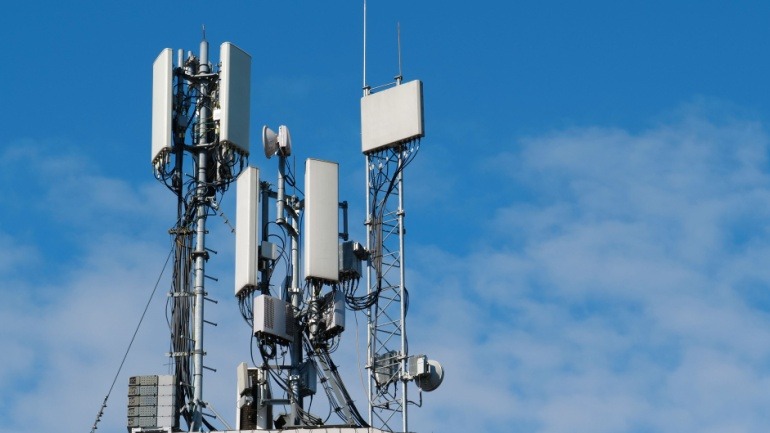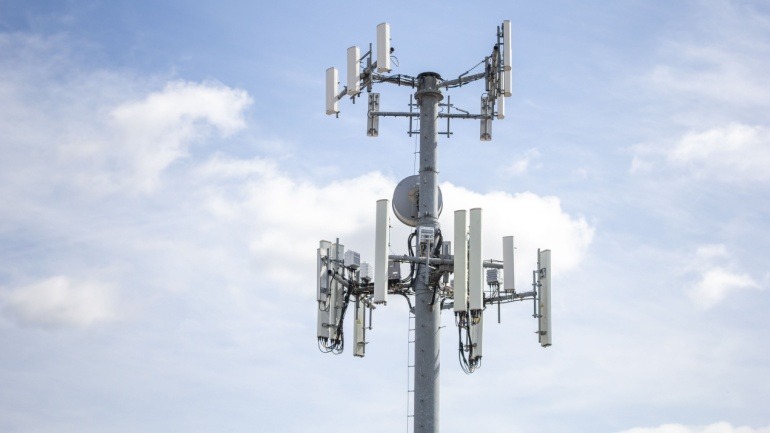US telecom giants AT&T, T-Mobile, and Verizon have partnered with Ericsson to launch the Aduna initiative, introducing standardized network APIs for fraud prevention. Slated for 2025, these APIs enhance security by verifying users and preventing unauthorized SIM swaps.
Bharti Airtel and Ericsson are collaboratively advancing 5G Core networks in India, marking a significant step in the telecom sector. By integrating Ericsson’s dual-mode 5G core, Airtel aims to enhance network slicing-based services, API exposure, and 5G Standalone capabilities.
Chunghwa Telecom and Ericsson have unveiled an advanced 5G network slicing solution, enabling enterprises to activate customized network slices on demand. This innovation enhances network performance, flexibility, and efficiency for critical operations.
Telstra’s collaboration with Ericsson is set to redefine Australia’s telecommunications through the launch of a 5G Advanced network, offering bespoke connectivity and innovative applications. The integration of Ericsson’s Open RAN-ready hardware and AI automation enhances network efficiency and reliability.
Ericsson, Dell, and Red Hat are advancing Open RAN by innovating on O-RAN standards, focusing on interoperability and cloud-native solutions. Their collaboration on the O2 interface enhances seamless multi-vendor integration, ensuring efficient network management.
Ericsson has partnered with Ooredoo Qatar to deploy advanced 5G technologies, including AI-driven RAN, Massive MIMO radios, and high-capacity microwave backhaul. The collaboration enhances connectivity, expands 5G coverage, and enables future 5G-Advanced integration.
SailGP and Ericsson’s partnership marks a transformative era in competitive sailing by leveraging private 5G technology. The deployment of Ericsson’s network and edge routers enables unprecedented data collection during races, enhancing both fairness and excitement.
Ericsson, Telstra, and MediaTek have achieved a groundbreaking 9.4 Gbps peak downlink speed on Telstra’s live 5G Standalone network, with over 10 Gbps reached in lab tests. This milestone highlights transformative potential for AI, AR/VR, and ultra-fast downloads.
Three UK has teamed up with Ericsson to create Europe’s largest cloud-native core network, boosting capacity to 9 Tbps. As data usage skyrockets from services like streaming and gaming, this partnership aims to enhance performance.
Ericsson’s NetCloud Assistant (ANA) is a generative AI chatbot designed to enhance the management of enterprise 5G networks. Integrated with the NetCloud AIOps dashboard, ANA delivers personalized, efficient network diagnostics and configuration advice, improving operational speed.













